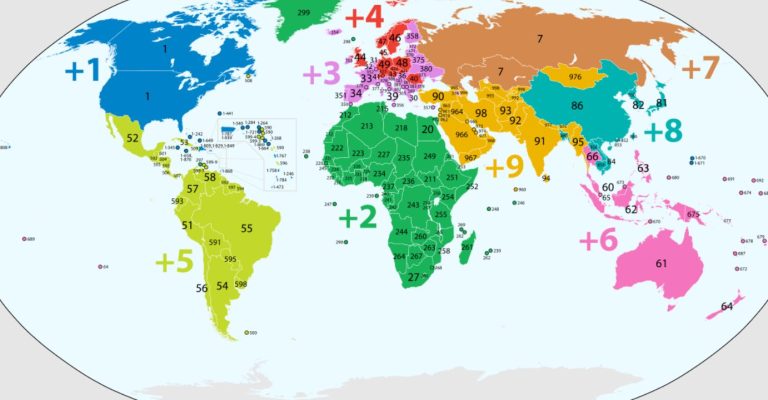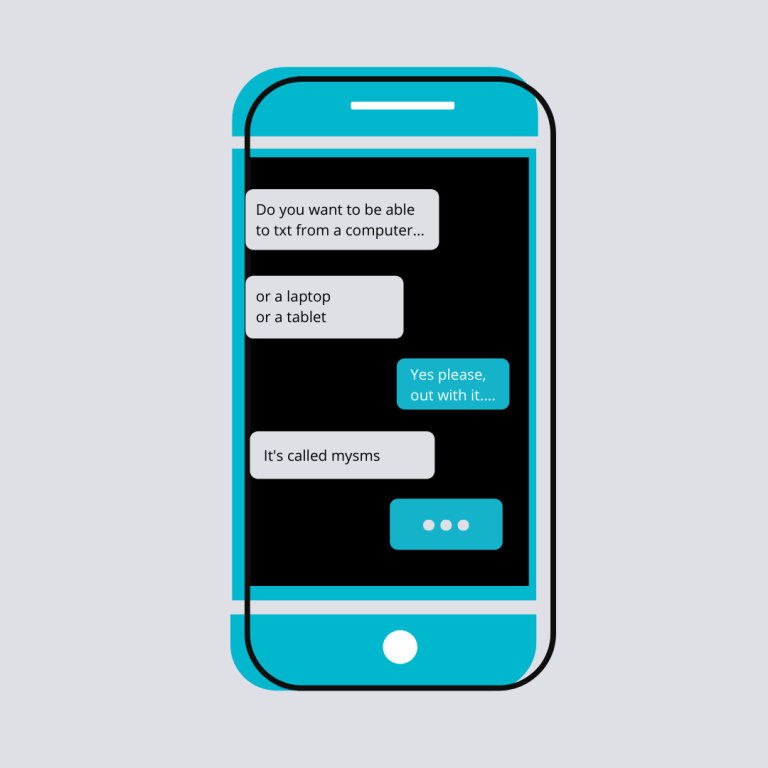In today’s digital age, communication apps like WhatsApp have revolutionized how we connect with friends, family, and colleagues. With its user-friendly interface and end-to-end encryption, WhatsApp has become a staple for billions worldwide. However, amidst the convenience and popularity, a question lingers in the minds of many users: does WhatsApp show on your phone bill? In this exclusive article, we will delve deep into this question, exploring various aspects and providing a clear understanding of how WhatsApp usage impacts your phone bill.
Contents
Understanding Phone Bills
Before we dive into the specifics of WhatsApp’s impact on phone bills, let’s first grasp the basics of phone bills themselves. A phone bill typically consists of several components:
- Monthly service charges: This covers the cost of your chosen plan, which may include a fixed amount for voice calls, text messages, and data usage.
- Usage charges: These charges apply if you exceed the limits of your plan, incurring additional costs for voice calls, text messages, and data usage.
- Taxes and fees: Various taxes and fees are included in the bill, depending on your location and regulatory requirements.
- Other charges: This may include charges for additional services like voicemail, caller ID, and international calling.
How Does WhatsApp Work?
WhatsApp primarily relies on an internet connection, either Wi-Fi or mobile data, to facilitate communication. It uses these connections to send and receive messages, make voice and video calls, and share media files. Unlike traditional text messages (SMS) and voice calls, which are directly routed through your cellular network, WhatsApp operates on the internet protocol (IP) network.
Does WhatsApp Show On Your Phone Bill?
The Short Answer: No, WhatsApp itself does not directly appear on your phone bill. Your bill will not list individual WhatsApp calls or messages.
The Long Answer: While WhatsApp doesn’t show explicitly, its usage can indirectly impact your phone bill in the following ways:
- Data usage: If you use WhatsApp over your mobile data connection, the data consumed will contribute to your overall data usage. If you exceed your data limit, you may incur additional charges.
- Roaming charges: When using WhatsApp while roaming internationally, your data usage may incur significant roaming charges, depending on your carrier’s international roaming rates.
How to Avoid Unexpected Charges
To prevent any surprises on your phone bill due to WhatsApp usage, consider the following tips:
- Connect to Wi-Fi: Whenever possible, connect to a Wi-Fi network to use WhatsApp. This will help conserve your mobile data and avoid exceeding your data limit.
- Monitor your data usage: Keep track of your mobile data usage through your phone settings or your carrier’s app. This will help you identify any unusual spikes in data consumption and take corrective measures.
- Disable background data usage: In your WhatsApp settings, disable the option for background data usage. This will prevent WhatsApp from consuming data in the background when you’re not actively using the app.
- Be mindful of media downloads: WhatsApp automatically downloads photos and videos received in chats. To conserve data, consider changing the settings to manually download media files.
- Use WhatsApp calling wisely: While WhatsApp calls are a convenient way to connect, they also consume data. If you have a limited data plan, consider using WhatsApp calls sparingly or connecting to Wi-Fi before making calls.
Conclusion
In conclusion, WhatsApp itself does not directly appear on your phone bill. However, its usage can indirectly impact your bill through data consumption, especially when using mobile data or roaming internationally. By following the tips mentioned above, you can effectively manage your WhatsApp usage and avoid any unexpected charges on your phone bill.
Read More: Messaging Apps: The Backbone of Modern Communication






